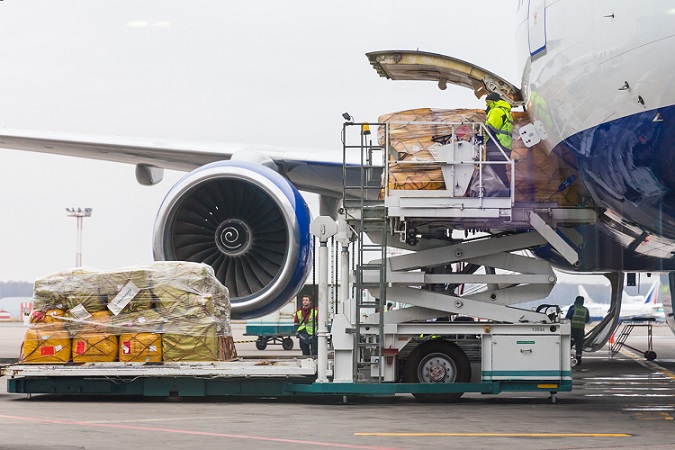

COVID-19: Brazilian National Civil Aviation Agency changes rules to make cargo transportation by air taxis more flexible
The measure contributes to faster transportation of biological substances and health equipment
Subjects
Air taxi companies, governed by the Brazilian Civil Aviation Regulation (“RBAC”) No. 135, have been exceptionally authorized to carry out air cargo transportation without the prior consent of the Brazilian National Civil Aviation Agency (“ANAC”). The measure was published in Ordinance No. 880/SPO on March 27, 2020 and will be valid for 180 days from the date of its publication.
The ordinance takes in consideration the effects of the coronavirus pandemic on the civil aviation system, especially those concerning the demand and supply of regular operations promoted by airlines governed by RBAC No. 121. The measure also sought to introduce faster means of transportation for biological substances and equipment that can be used by the health care system, such as drugs, respirators and tests.
Technical requirements and other authorizations
In addition to the requirements already assigned to cargo transportation by section 135.87 of RBAC No. 135, air taxis must also comply with certain technical requirements. For example, if the cargo is carried on passenger seats, there must be no passengers on board, except for the occupation of seats in the passenger cabin by persons required to conduct the operation; there must be a cargo, weight and balancing manifest prepared for each flight in accordance with the procedures approved in its General Operations Manual; and all volumes must be weighed, for the purpose of weight and balancing calculation, not allowing the use of standard weights or calculation by approximation.
Moreover, this ordinance deals with the transportation of dangerous goods, which also used to require specific prior consent of the relevant authority. The Ordinance exclusively authorized air taxis to transport UN 3373 biological substances, Category B (substances suspected of containing infectious agents that cause human diseases), but this provision was not extended to any other dangerous items in RBAC No. 175. However, for such transportation, all applicable provisions of this Regulation, of the Doc 9284 of the International Civil Aviation Organization (ICAO) and of ANAC’s Supplementary Instruction No. 175-004 must be observed.
Furthermore, the air taxi company is not only responsible for ensuring technical, operational and/or procedural solutions to reduce all risks associated with the operation, but it must also declare the performed activity to ANAC’s Superintendence of Operational Standards within 20 days from its beginning.
For further information, contact the Mattos Filho Aviation practice area.

